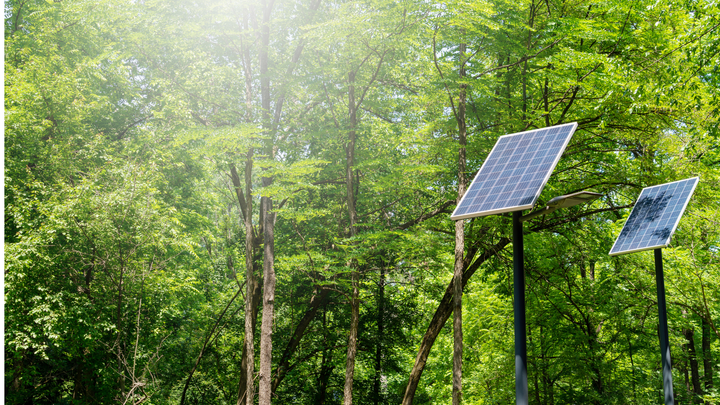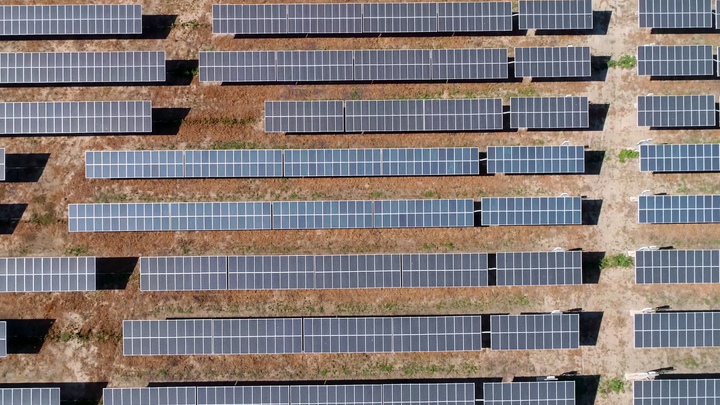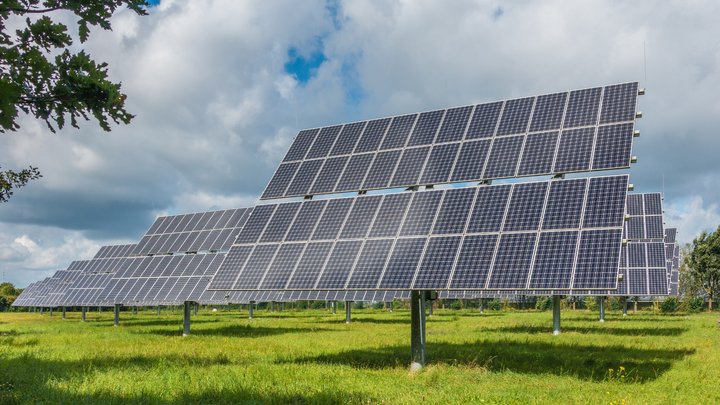China's Dual Energy Policy Raises Concerns as Largest Heterojunction Solar Project Launches in Bulgaria

In Bulgaria, the world's largest single-site heterojunction solar project is now operational, according to a press release from Chinese solar panel manufacturer Huasun Energy. Located in Apriltsi, near Pazardzhik, the project comprises over 834,000 photovoltaic modules with a total capacity of 400 MW. This solar park is set to be the largest in Eastern Europe and can power 96,000 homes.
Veselin Zahariev, CFO of Solar Green Energy, the project's owner, stated in an interview with Xinhua News, "We believe that maybe in five years the heterojunction will be the majority of solar panel production in the world."
The panels were delivered to Bulgaria by Bulgarian energy company Inercom. In 2018, Inercom sought to acquire CEZ's assets in Bulgaria, the largest owner of the country's energy transmission network with nearly 3 million subscribers. The Commission for Protection of Competition (CPC) halted the deal citing dominance concerns, a decision overturned by the court in 2022, though no deal materialized.
Joshua Phillips' show, Crossroads, highlights China's dual energy strategy. Internationally, China promotes its solar panels and wind turbines at low prices, aided by government subsidies, sparking EU accusations of "unfair competition" and Chinese rebuttals of "protectionism." Domestically, China faces challenges with renewable energy volatility, leading to plans for 26 new nuclear reactors with Russia and a return to coal.
China's handling of the COVID-19 crisis is likened to its energy policy. Despite rising cases in Wuhan and severe internal measures, the Chinese government and WHO initially downplayed the threat, only to face a global pandemic by March 2020. The pandemic caused millions of deaths and substantial economic losses.
This comprehensive analysis of China's energy and public health strategies underscores the complexities and global implications of its policies.
Source: Epoch Times Bulgaria




